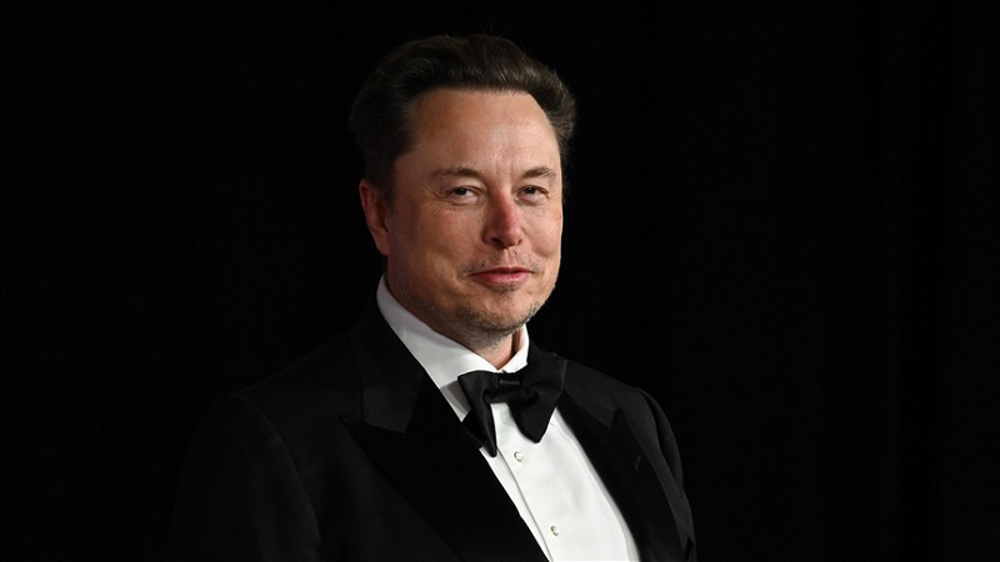Hung parliament? Polls edge Conservatives over Labour
Latest UK public opinion polls have shown that Conservatives still maintain the largest margin of voter support over the next party, Labour, for the upcoming general election – though not enough to win a majority of seats in parliament.
Latest polls conducted by YouGov and Survation revealed that an average of 35% of voters support the Conservative Party, while 24% support Labour. The Liberal Democrats polled at 19% and the Brexit Party at 13%.
The polls were taken between 29-30 October from a sample size of an average 1,350 voters.
The results speculate that after the 12 December general election, no single party will capture a majority of seats in parliament. The last national vote in 2017 ended in a “hung Parliament”, making it difficult for the government to pass legislation.
On Tuesday, UK lawmakers unanimously agreed to hold a December general election in a bid to resolve the Brexit paralysis. The motion was subsequently approved by the House of Lords and then the Queen.
The ruling Conservatives hope to improve their situation in an election and gain a clear majority, allowing them to push through their Brexit plans by the EU-imposed 31 January deadline.
The latest polls, however, only work out simple percentages and do not translate to the final vote. Voters will cast their ballots for an MP to represent their local constituency. The leader of the party which wins a majority of the UK's 650 constituencies becomes Prime Minister.
And this is where the Conservatives may again see themselves failing to gain a majority in parliament.
Leader of the Labour Party, Jeremy Corbyn, is hoping to favor support from the Scottish National Party and Liberal Democrats, who may be able to act as a “kingmaker” when final results come in.
A surprisingly strong performance from Mr. Corbyn in the 2017 general election upended predictions and forced a hung parliament.
Last week, the European Union hesitantly granted a Brexit extension to the UK conditional on London not acting to “jeopardize” the bloc’s objectives and decision-making process.
France’s EU minister, Amélie de Montchalin, said, “Simply giving more time alone leads to getting stuck in a rut. If there’s a clear scenario that will change things, for example ratification or elections – not just suggested but organized – then we can take decisions.”
UK Prime Minister Boris Johnson’s call for a pre-Christmas election may backfire regarding the weary public as well. The time used to prepare for an election could have been better spent on finalizing a Brexit deal.
Moreover, another hung parliament could lead to a situation where it would be difficult for the government to pass Brexit by the January deadline. If no solution has been reached by then, a worst-case scenario of a no-deal may prove to be the default if the EU has had enough.
Los Angeles fire death toll climbs to 24 as firefighters race against intensifying winds
Tortured body of abducted Syrian cleric found in Damascus outskirts
UFC legend Khabib Nurmagomedov accuses US airline of racism after being deboarded
Israel turns hospitals into mass graves in ‘hellish’ north: Gaza Health Ministry
Israel heavily bombs Lebanon in new violation of truce with Hezbollah
Jan. 12: ‘Axis of Resistance’ operations against Israeli occupation
Gaza’s GDP plummeted by 82% amid Israel's genocide, statistical data show
Iran Army unveils ‘daunting’ laser-powered air defense system guarding nuclear sites










 This makes it easy to access the Press TV website
This makes it easy to access the Press TV website